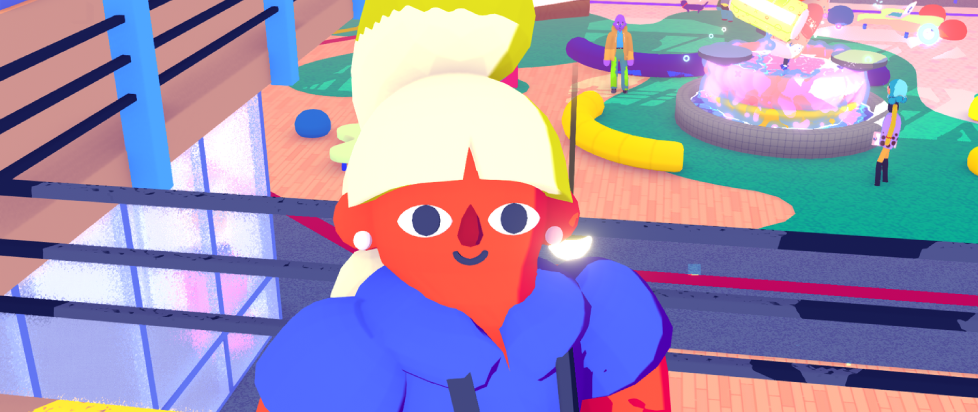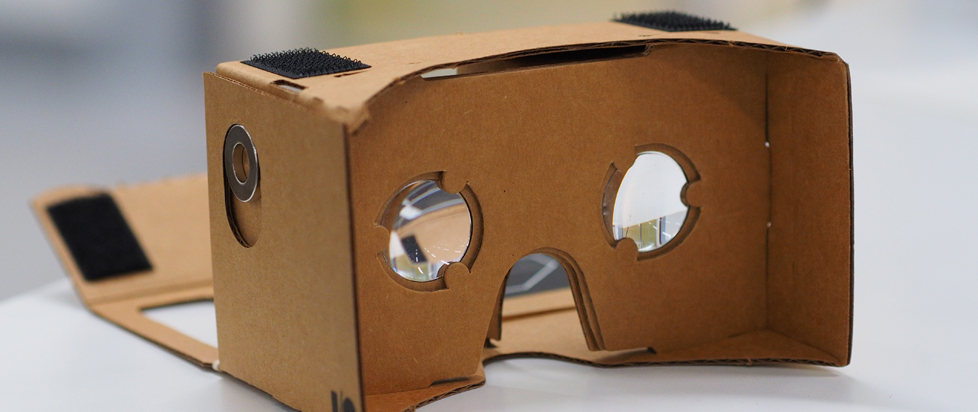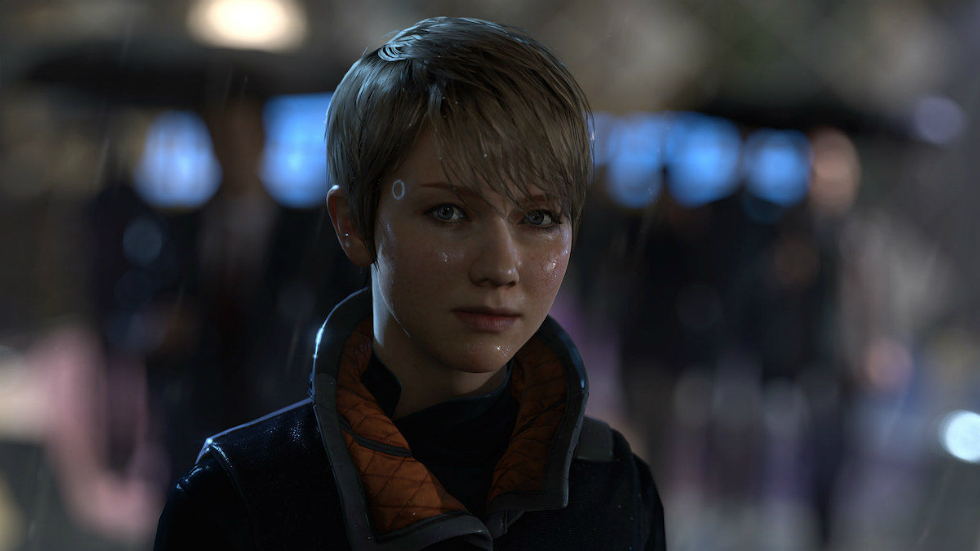
Going Under Exposes the Arrogance of Startups
I used to work in a startup. I wrote proposals which pitched our products and described how innovative our company was. I raved about how our technology was at the cutting – no – the bleeding edge of the industry, and how it would shake the foundations of the field. And I meant it. I was bought into the company’s purpose and promises that we were going to make the world a better place.
When I stumbled across Aggro Crab’s 2020 roguelike Going Under, however, I saw my inimitable company and everything I wrote about it reflected right back at me.
It’s obvious what Going Under is trying to achieve from the very start. The player character, blissfully naive Jackie, has started an (unpaid) internship at Fizzle Beverages. Her orientation video explains that Fizzle has been innovative enough to disrupt two industries at once by inventing a sparkling water product that also happens to be a meal replacement. Jackie is assured that she’ll “never be the smartest person in the room”, and so “there’s no better place to grow”.
This whole video is filled with disingenuous, chummy cliches, and the rest of the game is brilliantly illustrated in the same Alegria art-inspired style that has become shorthand for “trendy tech company.” Character descriptions appear as business cards, and dialogue exchanges happen across what could easily be a Slack chat. The genuinely funny writing continues to poke fun through parody. With talk of “daily standups,” “productivity blockers,” or “making the world a better place,” the game is filled with phrases which will be recognizable to those who have worked in a small tech company.
When playing Going Under, it dawned on me that neither the company I worked for, nor my work was as innovative as I had thought. Had one of my company’s products appeared on screen, it would have fit right in.
This revelation came at a pertinent time. At the many trade shows I visited for my work, I noticed that so many companies spoke about being different from the competition while, from the outside at least, being really quite similar. If it’s possible to get lost in the woods because every tree looks the same, you can get lost in an expo hall full of trade stands for the same reason.
Believing your company is different is not a bad thing. But it becomes a problem when that sense of being different becomes a sense of being superior, and when your staff start to suffer for it. Going Under also digs into this problematic culture.
Within seconds of her first day, Jackie is asked by Marv to do a job she wasn’t hired to do: to hunt down a goblin which has escaped from the offices of the now-defunct gig-work startup Joblin, which forms the first dungeon of the game.
When Jackie explains she wasn’t expecting (or qualified) to do this, Marv wonders out loud whether this reluctance to step up might mean she hasn’t got the right stuff for the company. The decision then isn’t whether Jackie feels like going the extra mile, it’s whether she wants to keep her job. It’s the first sign of the toxicity underneath the flashy facade of Fizzle.

In a meeting which follows Jackie’s successful Joblin hunt, the company’s cocksure CEO, Ray, announces that the company is pivoting to a completely different direction. This is because the latest in neural network technology (which happens to be owned by Fizzle’s parent company) has suggested it. Fizzle’s Lead (i.e. only) software engineer Kara, is expected to add this to her already stacked list of jobs. Kara has no say, and isn’t asked what this would do to her workload, or even whether it’s possible. But hey, this is Fizzle! This dynamic culture is how they’re going to disrupt two industries at once; it’s how they’re going to make the world a better place.
Real-world Fizzles justify these sorts of working practices because their companies are special. They’re doing things differently, and if that means huge workloads, or aiming for “ambitious” (i.e. unachievable) goals that change at the last minute, so be it. These are different ways of working for a different company. Above everyone else around them, many of these companies believe they have the stuff to make the world a better place.
This belief is used to justify the long hours, the last minute changes, or the sometimes toxic behavior that invades. But Going Under shows that this confidence in being different is often unfounded; that it’s arrogant. The fact that the game makes such a brilliant parody is evidence in itself that these “innovative” companies are more similar than they are different. They aren’t so special, and there’s no excuse for asking the impossible of their employees.
Before I wrote proposals for a startup, I was an engineer at the same company. I was the ambitious graduate who joined with visions of a bright career. But I was also the engineer whose targets were changed at short notice, and who felt culpable when I failed to hit them. I was the failing engineer who was asked to do jobs I wasn’t qualified for, and who inevitably did poorly. I was the employee whose project was canned without notice on a company-wide Zoom call. I was the redundant employee who was shifted into a completely different role, feeling lucky to have a job, but feeling responsible for the failure.
Except maybe I wasn’t to blame for the failed project, maybe the demands that were placed on me and my colleagues weren’t normal or reasonable. Maybe this was just another company with world-leading ambitions, but without the resources to back up its team. Maybe it could have aimed just a bit lower.
Maybe Going Under says that a startup that does things differently is actually one that approaches things with a bit more humility.
———
William is a writer based in the UK, spending his free time writing about games while complaining he doesn’t time to play them.





